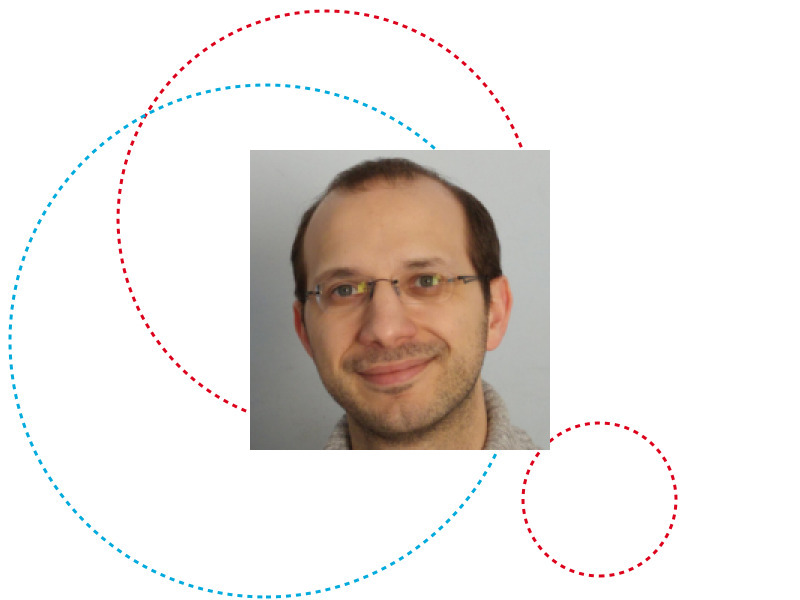You are cordially invited to attend the talk with Prof. Dr Grégory Gay, titled Monday, June 19th, at 11, in room E00-D17The Talk will take place on CK building in “How Closely are Common Mutation Operators Coupled to Real Faults?”. (campus Kirchberg).
Abstract:
In mutation testing, faulty versions of a program are generated through automated modifications of source code. These mutants are used to assess and improve test suite quality, under the assumption that detection of mutants is indicative of a test suite’s ability to detect real faults – i.e., that mutants and faults have a semantic relationship. Improving the effectiveness – in both cost and quality – of mutation testing may lie in better understanding this relationship, in particular with regard to how individual mutation operators (types) couple to real faults.
In this study, we examine coupling between 32,002 mutants produced by 31 mutation operators and 144 real faults, using a scale based on number of failing tests and reasons for failure. Ultimately, we observed that 9.92% of the mutants are strongly coupled to real faults, and 51.03% of the faults have at least one strongly coupled mutant. We identify and examine mutation operators with the highest median coupling, as well as the operators that tend to produce non-compiling mutants, undetected mutants, and mutants that cause tests other than those that detect the actual fault to fail. We also examine how coupling could be used to filter the set of operators employed, leading to potentially significant cost savings during mutation testing. Our findings could lead to improvements in how mutation testing is applied, improved implementation of specific mutation operators, and inspiration for new mutation operators.
Bio:
Gregory Gay is an Associate Professor at Chalmers and the University of Gothenburg. His research interests include automated testing and analysis and search-based software engineering. Our society depends on complex software. Dr. Gay’s research blends optimization, artificial intelligence, and machine learning techniques in order to help developers deliver those systems in a safe, secure, and efficient manner.
